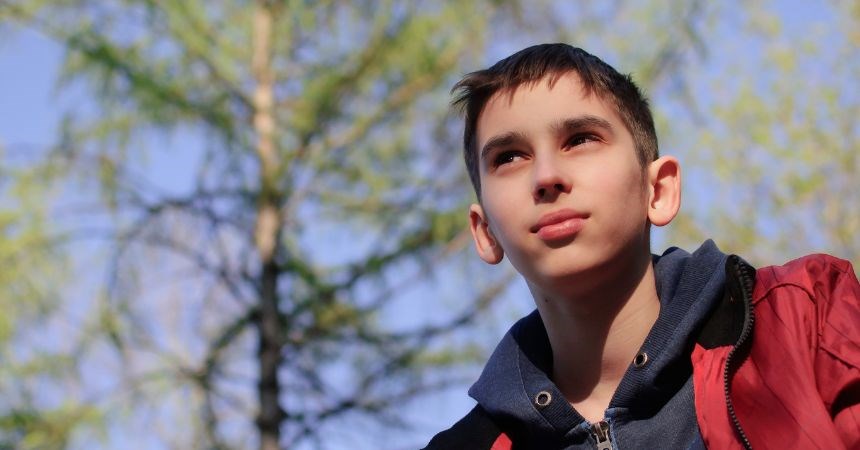I think it is important to occasionally give you a look “behind the curtain.” How do we talk to each other at the Ranch? How do we get work done? How do we really feel about working with the kids? Sure, I tell you all the time they are precious and complicated. But, is that the way we talk about them when we are just talking to each other?
Yes.
That is what being faith-based and providing trauma-informed care is all about.
Here is an actual email that one of our therapists, Kayci, sent to everyone who works at one of our campuses (I changed the child's name and deleted the parts of the email that shared personal details). It concerns a young boy who has been having extreme outbursts. The staff are working hard to provide good care, but it is exhausting. Kayci wrote:
Hi everyone, I apologize for the long email... it includes important information, so please take the time to read it if possible!
I would like to give a little bit of insight into Adam’s behaviors and his trauma-brain, which is likely guiding his behavior. I would also like to emphasize that this is an explanation, not an excuse, for his behavior. The point of this email is to help us all understand a little better where he is coming from and ensure compassion when difficult behaviors arise.
Adam has a significant trauma history, dating back to before his birth. [details omitted] Fetal Alcohol Syndrome (FAS) has significant impacts on a developing brain. Some of the impacts of FAS include irritable behavior, angry outbursts, impulsivity, hyperactivity, anxiety, along with concerns related to memory, functioning, and information retention. Adam suffered emotional abuse, physical abuse, and neglect before the age of 3. [details omitted]
Due to FAS and trauma, Adam's prefrontal cortex (the thinking and emotion regulation part of the brain) is never really "on." [details omitted] Ultimately, he receives signals from his trauma brain that he is unloved, unsafe, and unable to "do good." This means (again in "trauma logic") that he will push away anyone who shows any sort of love or care for him because he doesn't think he deserves it. Unfortunately for Adam, his trauma brain has led him astray at nearly every point in his decision-making process (as it often does for our kids), and he has been making his situation worse, not better (while desperately wanting to make it better). It is not that he necessarily wants to do these things; he feels he has no other choice.
One way we can get Adam, other kids, and us on the right path is by following his safety plan and treating him with compassion, even when our brains (and perhaps our own "trauma logic") tell us to do otherwise. This means that we recognize the pain he lives with every day. He is not these behaviors; he has lost hope in himself. I'm hopeful we can help, just a little, by being unconditionally caring in the face of his difficult behaviors. Thank you for taking the time to read this.
I am so grateful to work with Kayci, and all those Ranchers who provide “unconditional caring.” Yes, there are really good people in the world.
Please keep the children and staff of Dakota Boys and Girls Ranch in your prayers… especially Kayci and Adam.
In His love,
Joy Ryan, President/CEO
Dakota Boys and Girls Ranch
Sign up today to receive ministry updates and stories about our precious kids directly to your inbox!

